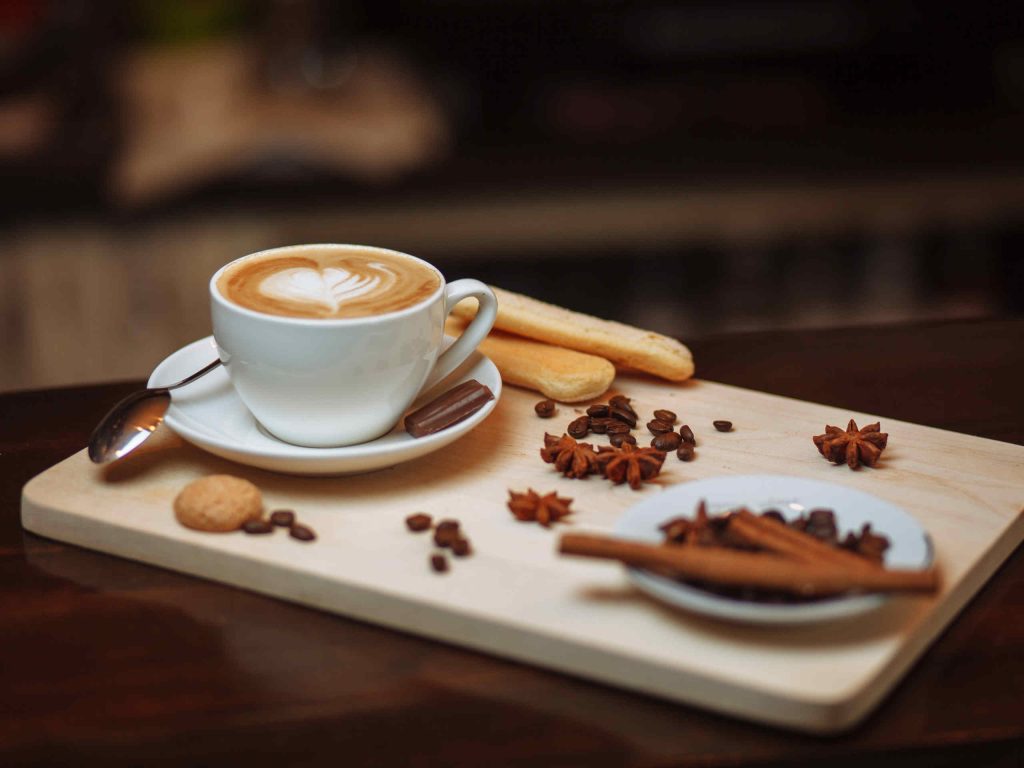
Coffee is a passion and an art that is appreciated by many baristas around the world. However, despite careful preparation, coffee may not taste as good as it should. Although there are many factors that can contribute to a coffee not tasting right, it is important to identify the main causes to ensure that every coffee is a pleasure to drink. We highlight the different reasons why coffee sometimes doesn’t taste good and what baristas can do to ensure that every coffee is perfect.
If the coffee is too bitter, this can have the following causes: Too much ground coffee, brewing temperature too high, beans ground too finely, extraction time too long, pump pressure too high, worn grinding disks, water too hard, too much Robusta in the blend, coffee was clamped in portafilter & brew group too long before extraction.
If the coffee is sour, this can have the following causes: Water too soft, beans ground too coarsely, too little pump pressure, roast too light, portafilter too large (runs through too quickly), brewing temperature too low, extraction time too short, coffee too long in the bean container (oxidizes), dose too high.
If the coffee has too little crema, this may be due to the following causes: Beans ground too coarsely, coffee too old, cup or machine contaminated, water too soft, brewing temperature too low, worn grinding disks, pre-ground coffee, coffee dosage is too low.
If the crema is too light, this can have the following causes: Beans too old or ground too coarsely, brewing temperature too low, beans stored u hot, cup too cold, roast too light, coffee dosage or pump pressure too low.
If the crema is too dark, this may be due to the following: Beans ground too finely or roasted too strongly, brewing temperature too high.
If the cup filling quantity is different, this may be due to the following causes: Ground coffee not properly distributed, portafilter spouts deformed, tampered at an angle, coffee machine not in balance, cups of different sizes despite being from the same manufacturer.
If the coffee has a foreign taste, this may be due to the following causes: Beans overlayered, poor bean quality, chlorinated water, wrong type of coffee (note delivery and storage), stinky bean, coffee too old (oxidized).
If the coffee has too little aroma, this can have the following causes: Too few coffee grounds, sieve holes too large (runs through too quickly), too much water, coffee too old, beans ground too coarsely, brewing pressure too low, incorrect storage, roast too light, water too hard.
If the crema is not firm, this may be due to the following: Cup too cold or too hot, water pressure too low, detergent or rinse aid residue in the cup.
If there is an uneven amount in the portafilter, this may be due to the following: Worn grinding disks, flapper on the grinder broken, coffee not mixed properly.

Pizza is one of those dishes that everyone has an opinion about. Almost everyone thinks they understand it—and yet a surprising number of people fail at this culinary “common property”. In Vienna and beyond, Neapolitan pizzerias are now springing up everywhere, some excellent, others whose interest in good pizza comes to an abrupt end. As we all know, quantity does not equal quality. Or, to quote Martin Albrich from the First Vienna Pizza Association: Pizza is bread. And bread forgives nothing.
Wild vegetables are more than just a trend—they are a From pink cauliflower to Bimi® wild pak choi, these varieties open up new possibilities for restaurants, hotels, and fine dining. They taste milder, are colorful, rich in vitamins—and can be perfectly prepared in no time.


Coffee is a passion and an art that is appreciated by many baristas around the world. However, despite careful preparation, coffee may not taste as good as it should. Although there are many factors that can contribute to a coffee not tasting right, it is important to identify the main causes to ensure that every coffee is a pleasure to drink. We highlight the different reasons why coffee sometimes doesn’t taste good and what baristas can do to ensure that every coffee is perfect.